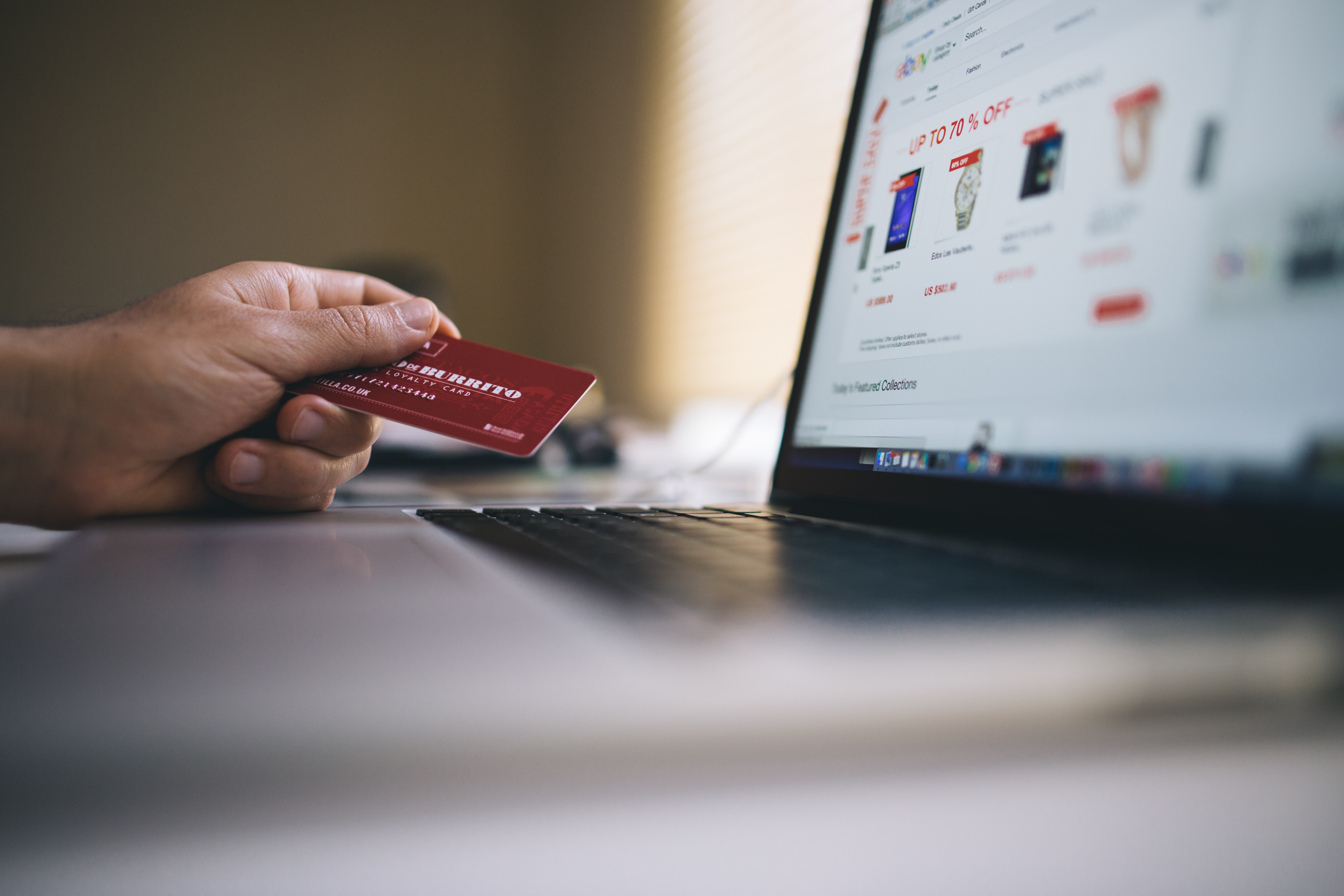Hopefully we haven’t forgotten about the Equifax data breach due to the severity of the potential outcomes. The Equifax data breach happened over a year ago on September 8, 2017. The breach exposed sensitive data of 146 million consumers and most American’s Social Security numbers were compromised.
This should concern you.
Personally, I think it’s a pretty big deal that some extremely smart person with very bad intentions probably has copies of my passport, driver’s license, and Social Security number. Just image the things they could do with that.
If you didn’t take action after the data breach, there are still a couple of things that you can (need to) do.
Lock Your Credit Reports
Locking your credit reports prohibits lenders from accessing them which means that lenders won’t open lines of credit in your name. If your credit reports aren’t locked, then someone with the right information could fraudulently open a line of credit such as a mortgage or credit card in your name and wreak havoc on your credit.
You should lock your credit reports with at least the 3 major credit reporting bureaus. You can lock your report with Equifax by creating a myEquifax account here, adding a security freeze to your Experian credit report here, and creating a TransUnion account to add a freeze here.
What if someone does it before you and you’re not able to access these accounts? (Hint: That would be very bad.)
Make sure that you save any passwords/PINs that you’re required to create in a very secure place. This isn’t information that you want to write down on your password paper that you keep in your wallet or at your computer desk or anywhere else that it could potentially end up in someone else’s hands. You’ll need these passwords and PINs to access your accounts when you want to place temporary credit freeze lifts which allow lenders to access your reports when you’re applying for credit.
This also means that you;ll have to remember to temporarily lift the freezes when you apply for a mortgage, car loan, or credit card.
Check Your Credit Report On A Regular Basis
Everyone is eligible to receive one free credit report from each of the three major credit reporting bureaus once per year from annualcreditreport.com (this is the government verified website for accessing credit reports). That’s three free credit reports per year. A good strategy is to pull a report from one of the bureaus every four months to make sure that you’re keeping up with your credit report and ensure that nothing looks wrong on it. For example, you could pull one from Equifax in January, one from Experian in May, and one from TransUnion in September.
When reviewing your credit report, make sure that everything is accurate: your personal information, your credit information, public records such as bankruptcies, foreclosures, and lawsuits, and inquiries on your report. If you see anything that isn’t correct, or seems out of the ordinary, you can call the credit reporting bureau to speak about it and to file a dispute, if you need to.
Creating these accounts and placing credit freezes is a time-consuming process and may seem like it’s not worth it at the time. However, putting in a little effort now could potentially save you a ton of time, money, and heartache in the long run. Repairing credit can take a long time and can be extremely costly. Help yourself avoid having to go through doing so by taking preventative measures now. It’s likely that your personal information has been compromised and checking your credit reports on a regular basis can help you catch fraudulent activity.

